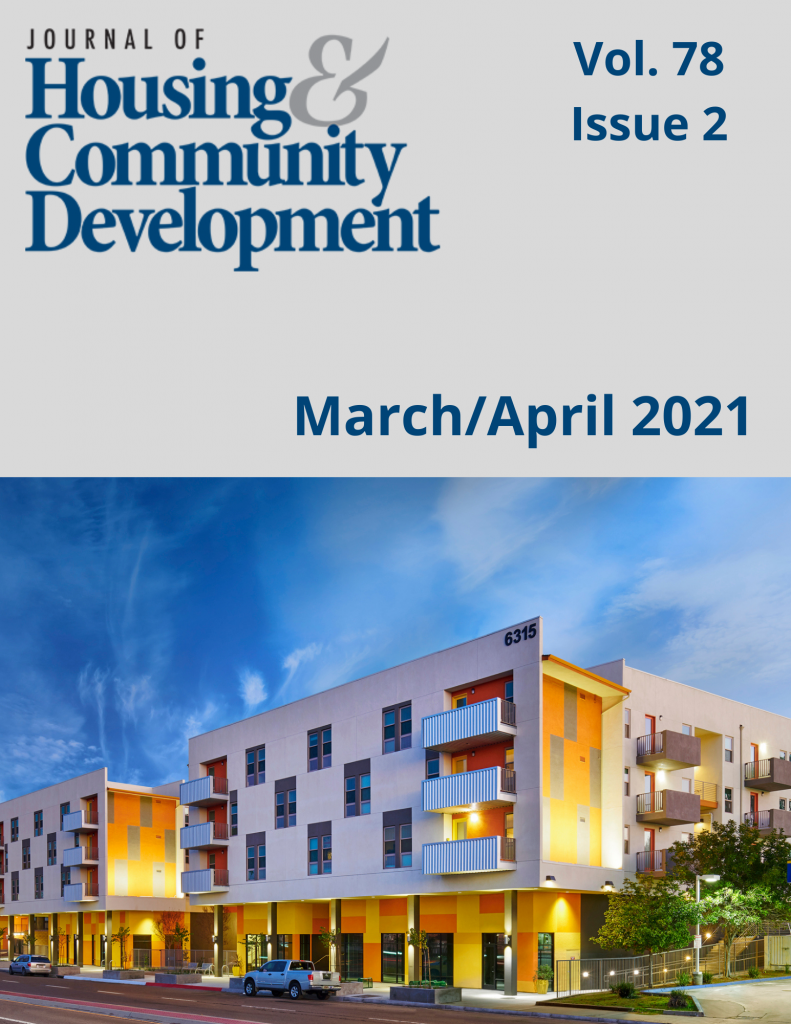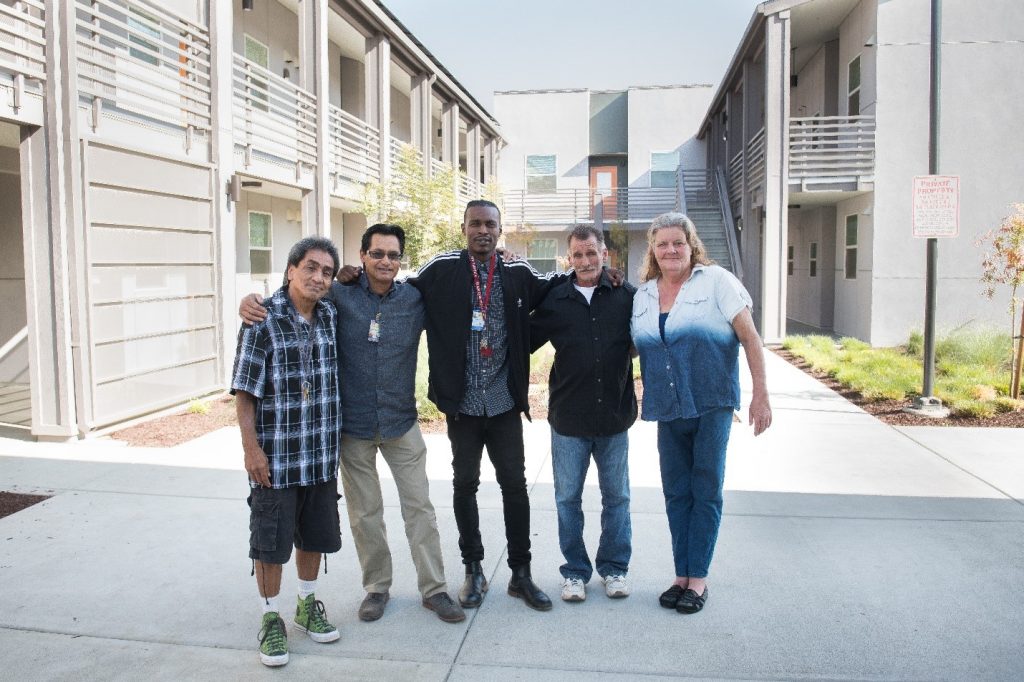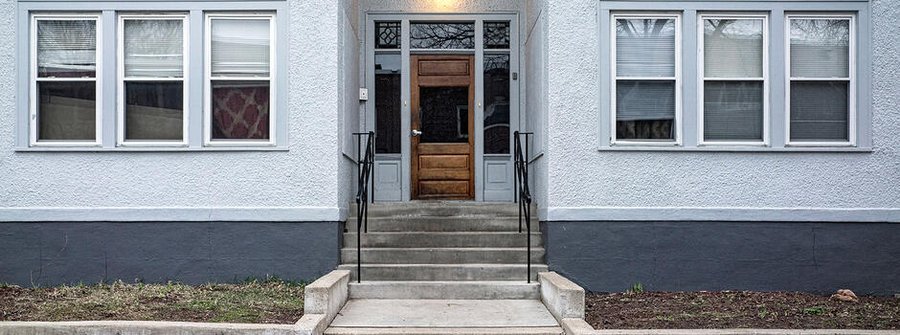Rising Above the Requirements: Affordable Housing Accreditation
For decades, the affordable housing industry operated under the purview of its largest funder, the US Department of Housing and Urban Development (HUD), which has published regulations for operating programs across the country. The industry used these regulations, which encompass governance, financial management, operational performance and organizational compliance, to ensure grant and funding requirements are met for each program.
Those established requirements are just minimum standards, without which an organization will not be eligible for continued HUD funding. What was missing was a methodology for establishing and evaluating standards of excellence. Industry leaders sought to remedy this by forming the Affordable Housing Accreditation Board (AHAB) in 2013.
Now, the affordable housing industry has an opportunity. In December 2020, the U.S. Congress passed an appropriations bill that was accompanied by report language encouraging HUD to look at the feasibility of partnering with an accrediting body for evaluating organizational performance. AHAB is such an accrediting body that developed industry-vetted standards in 2017 and went live with an accreditation system in 2018. This system has resulted in accrediting eight diverse housing organizations, which vary in size and geography and community makeup but are united in their demonstrations of excellence.
Currently, HUD’s regulations touch on four standard domains:
- Governance through board composition and meetings;
- Financial management, via audits;
- Compliance, through eligibility determination and documentation; and
- Operational performance, such as vacancy rate and unit turnaround time.
HUD’s reviews focus on finding out whether the housing organization is meeting federal regulations at a point in time. A HUD auditor may find a file is not in compliance with eligibility requirements, or a unit may not meet housing quality standards based on an unexpected event coinciding with an inspection. These two examples may be one off occurrences and not be indicative of the usual practices of the organization.
The AHAB accreditation system examines how an organization is meeting its full mission including how it is conforming with all of the industry developed standards. AHAB considers not only the above four domains but adds four more:
- Executive leadership
- Community engagement,
- Quality of life for residents and
- Customer service.
Two of the domains distinctly interrelate with how an organization meets its mission and excels in all eight domains: executive leadership and community engagement. Executive leadership evaluates how the people at the top interact with each other, their staff, their supervisors (the Executive Director and/or Board of Directors), their customers – residents, regulators, other community agencies — and members of the public. An organization that seeks feedback about itself and utilizes the information to make changes based on the suggestions, demonstrates a high level of customer and employee satisfaction. All AHAB-accredited organizations survey their staff regularly to gauge satisfaction around organization communication, job performance and morale. They use resident surveys, not just as a regulatory requirement, but to discover trends in needed services or operational issues that may be confined to one program or building. Accredited organizations also communicate rapidly and transparently. During the COVID-19 response in March 2020, the public and resident trust was ranked high with accredited organizations because they quickly communicated expert advice to the entire community, worked with other organizations to obtain protective equipment and implemented revised procedures.
For the community engagement standard, AHAB evaluates how effectively an organization collaborates with its allied partners and officials for the greater good. Relationships that ensure a swift and effective response to a global pandemic are not established just in the emergent moment. The accredited housing organizations have spent decades working consciously on community engagement and relationships. They’ve collaborated on domestic violence awareness and training, paid work programs for teens, ensuring public transportation pathways include neighborhoods with affordable housing, linking childcare and elder services – all of these programs and initiatives are in a day’s work for accredited housing organizations.
While performance across all eight domains impact an affordable housing organization’s ability to succeed and thrive, excellence in the executive leadership and community engagement standards are the key to ensuring organizational success.
So why pursue accreditation?
Accreditation demonstrates credibility. An industry that adopts national standards that have been created with input from communities and residents creates transparency, which in turn helps with earning trust. Accreditation also provides credibility with regulators, funders and increases public confidence. A seat at the proverbial community table with hospitals, higher education and other institutions that anchor our cities can only serve to strengthen all of our daily lives as citizens.
Accreditation demonstrates that your organization – and that your industry at large — knows what it’s doing. When the industry adopts standards and evaluates its practices according to those standards, government tends to follow suit and becomes more reliant on those industry-established standards.
We are at a point where Congress has finally given direction to HUD to look at accreditation for public and affordable housing to determine the feasibility of a partnership to encourage accreditation of organizations. At a March 24 hearing on public housing, Oscar Duran, the Executive Director of the Municipal Housing Agency of Council Bluffs, included in his testimony a section on the impact of a voluntary accreditation program in the public housing industry. This is a long-needed acknowledgment that the affordable housing industry can be trusted to work with regulators and monitor the way in which it provides, develops, and manages high-quality affordable housing. We should act on it quickly and enthusiastically.
More Articles in this Issue
Fresno Housing Authority Serving Homeless Veterans Through Housing
The Fresno Housing Authority won a 2020 Award of Excellence in Affordable Housing for Renaissance…Housing Vouchers Have Helped Tenants and Landlords Weather the Pandemic
This post was originally published on Urban Wire, the blog of the Urban Institute. Many families have faced…Transit-Oriented Development Brings Neighborhood Revitalization
National Community Renaissance (National CORE) won a 2020 Award of Excellence for Affordable Housing for Encanto Village, a transit-oriented, high-density,…Learning About the World at the Olori Academy in Portsmouth
The Portsmouth Redevelopment and Housing Authority won a 2020 Award of Excellence in Resident and Client Services for developing…Getting People Employed at Yakima Housing Authority
The Yakima Housing Authority, Wash. won a 2020 Award of Excellence in Resident and Client Services for their employment program which…




